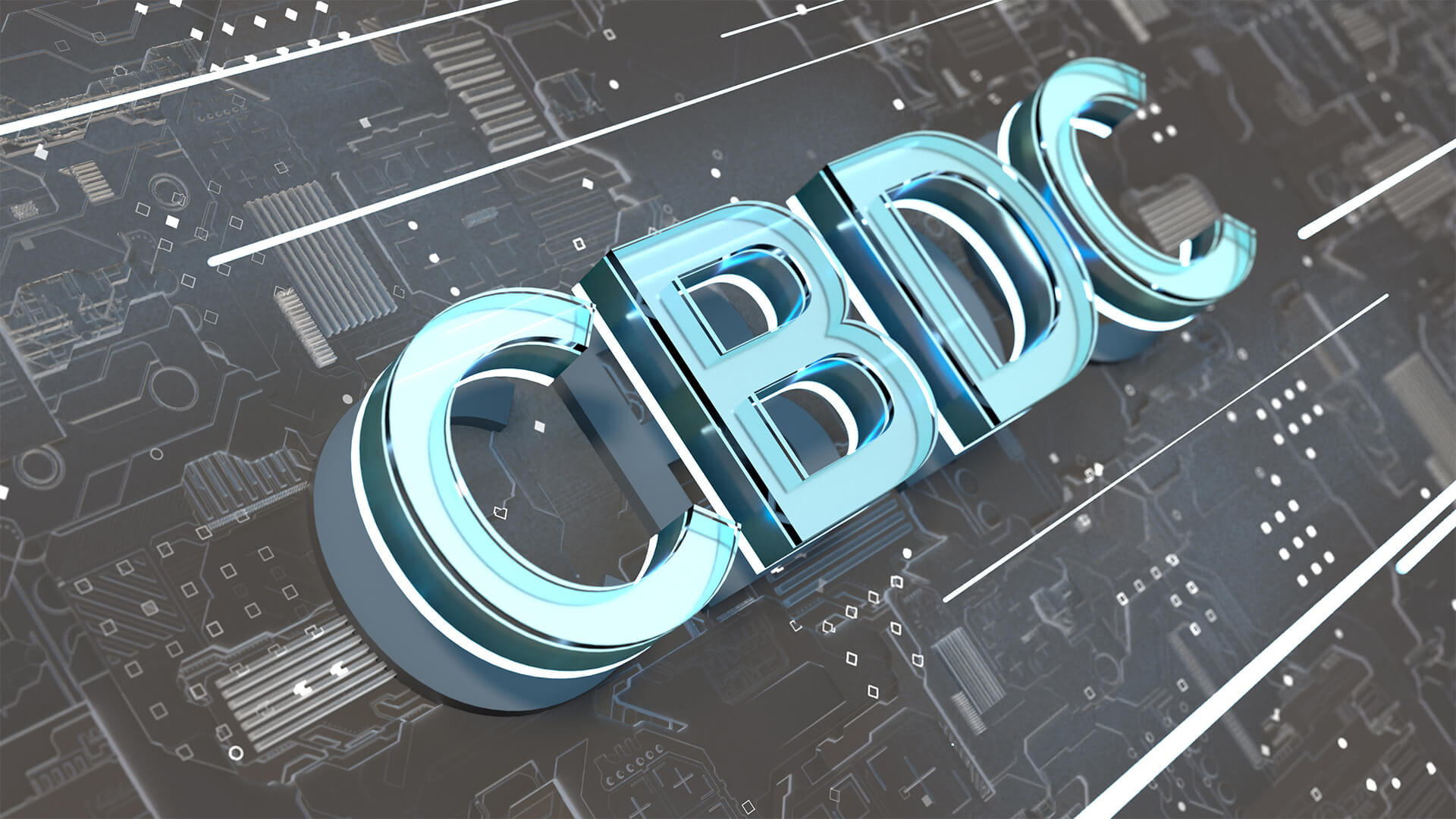The Iowa bill aims to limit the impact of central bank digital currency (CBDC)
The bill introduced in the Iowa House of Representatives aims to limit the influence of a potential future central bank digital currency (CBDC). According to this document, state government agencies will not be able to accept payments using CBDC or participate in tests related to this currency. Similar legislation has already been passed in Alabama in 2023, and other states such as Florida and Indiana have also taken steps to restrict the use of CBDC by enacting appropriate laws.
Controversies surrounding the impact of such a law
However, there is uncertainty about how such a law would affect the practical implementation of a central bank digital currency in the event that the federal government attempts to introduce it. Opponents of such legislation argue that states do not have the power to stop CBDC because federal law automatically supersedes state law, according to the Supremacy Clause.
Similar situations have already occurred in the case of the legalization of medical marijuana in California or the implementation of the REAL ID Act of 2005, the full implementation of which was delayed by protests and resistance from states.
Central Bank Digital Currencies (CBDC)
Central Bank Digital Currencies (CBDC) are virtual banknotes or coins stored in a digital wallet on a computer or smartphone. The difference between CBDC and peer-to-peer digital currencies like Bitcoin is that the value of a central bank digital currency is backed and controlled by the government, just like traditional fiat currency.
Advantages and disadvantages of central bank digital currencies
The introduction of central bank digital currencies by governments is touted as a promising, secure, convenient, and more controlled alternative to traditional cash. However, there is a dark side – the promise of control. The elimination of cash creates the potential for tracking and controlling consumer expenditures by the government. Using digital currency, authorities may have the ability to disable individuals’ purchasing power.
Central bank digital currencies also raise concerns about privacy and security. The collection of financial transaction data can lead to violations of citizens’ privacy and pose risks to their security, especially in the case of cyberattacks and data breaches.
Summary
The Iowa bill is another step taken by some states to limit the influence of central bank digital currency. Controversies surrounding this issue stem from the uncertainty of implementing such a law in practice and concerns related to privacy and security. Regardless of the ultimate outcome, the evolution of central bank digital currencies will be observed with interest by scientists, financial experts, and government authorities.








